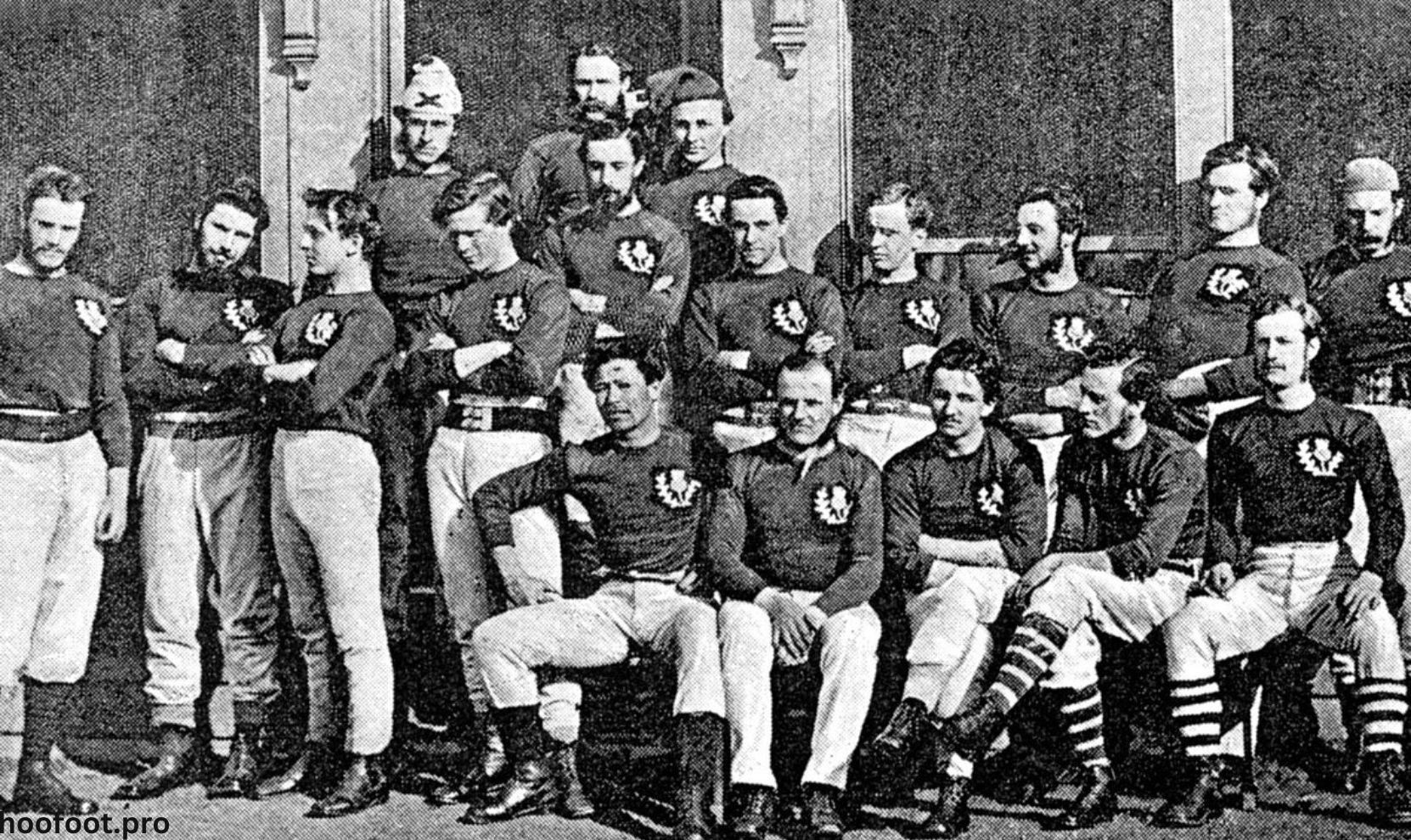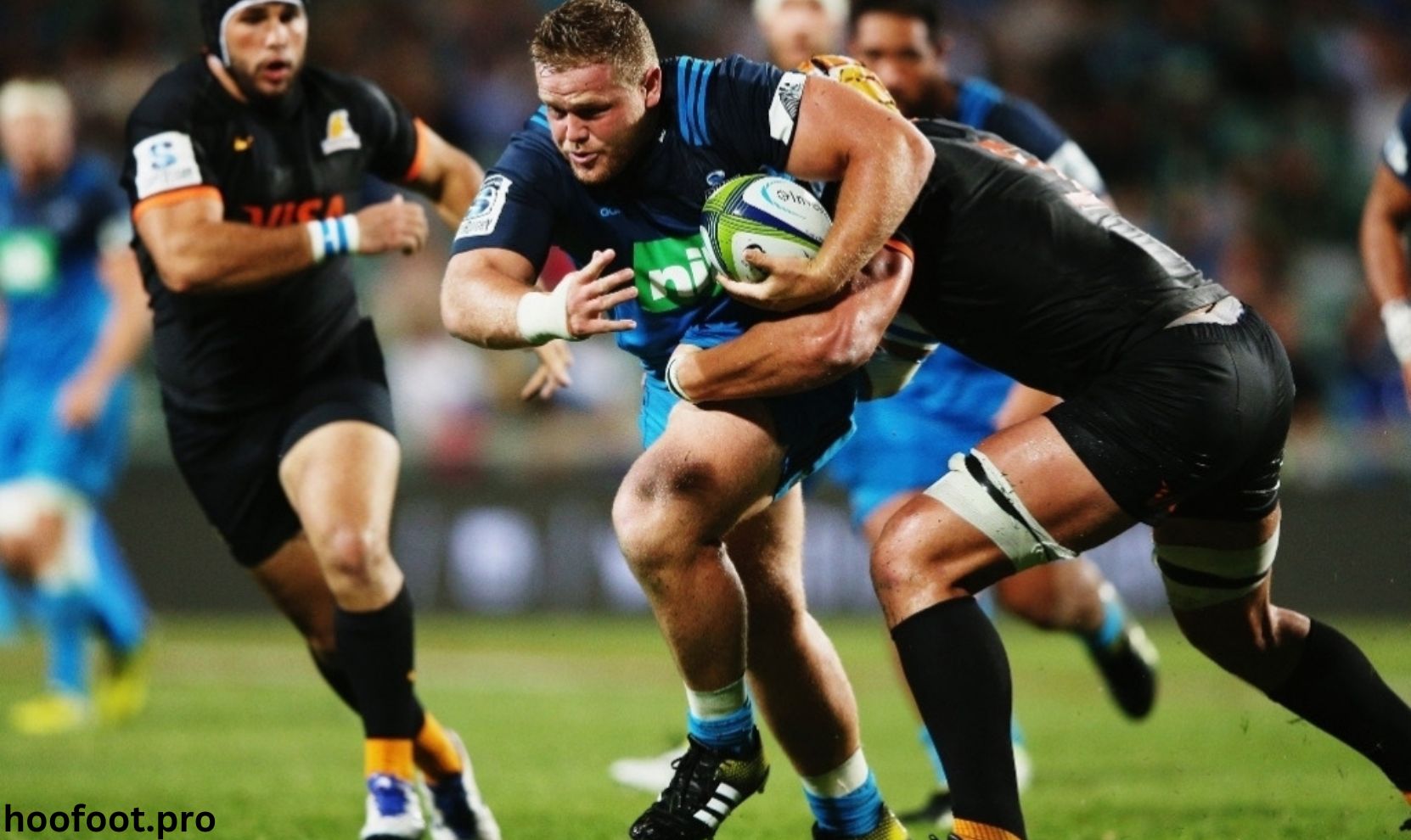Rugby is a recreation that captivates millions international, boasting a wealthy history it truly is intertwined with global activities, cultural shifts, and wearing evolution.
Beginnings at Rugby School
The origins of rugby are traditionally linked to Rugby School in England. Legend has it that during 1823, all through a soccer fit, a pupil named William Webb Ellis picked up the ball and ran with it. Though the authenticity of this story is debated, the World Cup trophy is called the Webb Ellis Cup in honor of this legendary second.
Early Forms and Rules
Prior to standardized rules, versions of the game were played in schools and universities throughout the United Kingdom. The first concrete policies have been laid down via Blackheath Rugby Club in 1843. The Rugby Football Union (RFU) was formed in 1871, setting up a clean divide from association soccer and in addition formalizing the sport.

The Spread Overseas
British expatriates and military employees carried rugby to colonies and territories, planting the seeds for the game’s global reach. Notably, rugby observed fertile ground in New Zealand, South Africa, Australia, and France. By the early twentieth century, it had reached American and Asian beaches, adapting and evolving alongside the way.
Birth of Rugby League
In 1895, a schism in the rugby global caused the advent of Rugby League. Born from disputes over payments to gamers in Northern England, Rugby League followed one of a kind guidelines and have become a expert sport, whilst Rugby Union remained strictly amateur till the 1990s.
International Competitions
The first global match happened in 1871 between England and Scotland. Today, the pinnacle of rugby union opposition is the Rugby World Cup, held every four years on the grounds that 1987. Rugby 7s, a faster-paced version, has received great popularity and became protected within the 2016 Olympics.
Cultural and Social Impact
Rugby has played a position in key historical moments. Nelson Mandela used the game to unify South Africa put up-apartheid, as captured in the movie “Invictus”. The New Zealand All Blacks’ Haka dance, rooted in Maori subculture, has become iconic in the sporting international.
Modern Era and Professionalism
The transition to professionalism within the Nineties delivered large changes, with athletes gift technique stricter training and clubs securing worthwhile broadcasting offers. Despite problems over issues like concussions, rugby has carried out measures to prioritize participant protection.
Women in Rugby
Women’s rugby has a records relationship returned to the early 20th century. Its profile has risen dramatically, with the Women’s Rugby World Cup and inclusion in the Olympics supplying lady athletes a international platform.
The Dawn of Rugby Sevens
In 1883, the Scottish butcher Ned Haig, in an try to generate revenue for his club, created the seven-a-aspect version of rugby, known as Rugby Sevens. The shortened recreation had shorter halves, most effective seven players, and become performed on a sizeable discipline. Today, the maximum famend Sevens tournament is the Hong Kong Sevens, however its inclusion within the Olympics has amplified its international stature.
Clubs and Domestic Competitions
The membership scene emerged strongly in the overdue nineteenth and early twentieth centuries. Clubs like New Zealand’s Auckland Blues, England’s Bath Rugby, and South Africa’s Blue Bulls became primary entities. In the expert technology, domestic leagues just like the Gallagher Premiership in England, the Top 14 in France, and Super Rugby in the Southern Hemisphere have attracted players and fanatics from all around the global.
The British & Irish Lions
One of rugby’s maximum unique and celebrated teams, the British & Irish Lions, consists of players from England, Scotland, Wales, and Ireland. Founded in 1888, the group excursions the Southern Hemisphere, difficult rugby giants like the New Zealand All Blacks, Australia Wallabies, and South Africa Springboks.
The Role in World Wars
Rugby players from round the world played great roles in each World War I and II. Entire groups enlisted collectively, and lots of players misplaced their lives. After World War I, the French group supplied a bleuet (cornflower) to King George V, a symbol of remembrance and harmony. This gesture reinforced rugby’s values of admire and camaraderie.

The Haka and Cultural Traditions
While New Zealand’s All Blacks popularized the Maori Haka, other Pacific international locations, such as Fiji, Samoa, and Tonga, have their pre-recreation rituals that pay homage to their indigenous cultures. These performances offer a charming begin to matches and are a testimony to the game’s respect for nearby traditions.
The Era of Change: 2000s – Present
The flip of the century saw rugby grapple with great demanding situations, such as the debate over address heights because of concerns approximately concussions. The emergence of era, consisting of the Television Match Official (TMO), has modified how selections are made in tight situations. Moreover, rugby has expanded to non-traditional countries, with international locations like Japan and the USA an increasing number of competing at top tiers.
Grassroots and Development
At its center, rugby has always been about network. Grassroots golf equipment around the arena, whether inside the Welsh valleys, South African townships, or Fijian villages, are the heart and soul of the sport. They play a critical role in nurturing talent, fostering values, and ensuring rugby’s continued increase.
